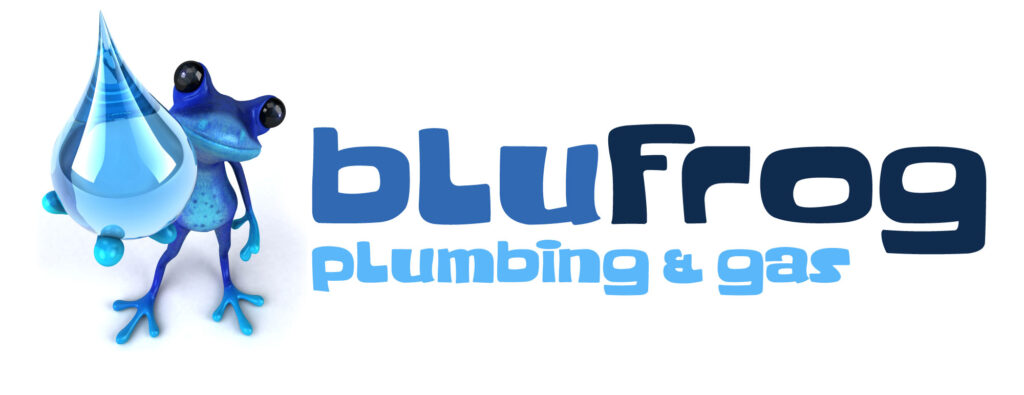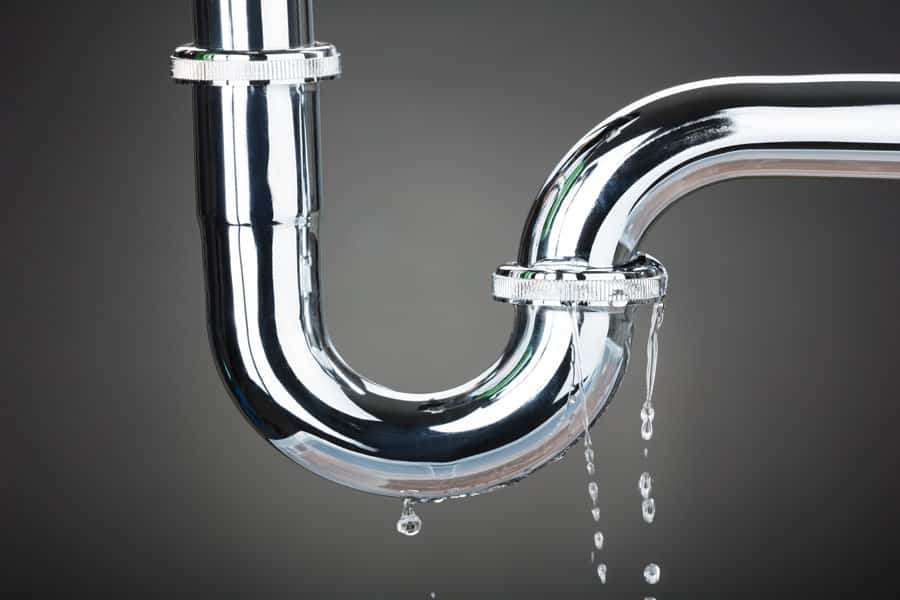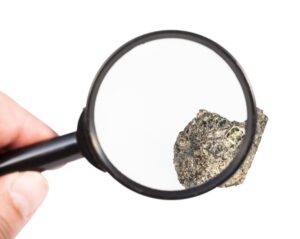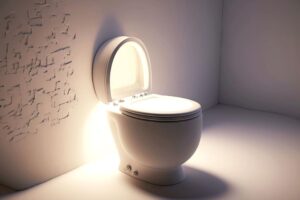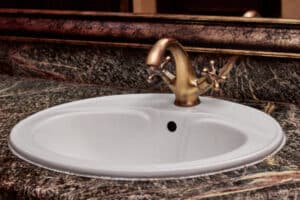A well-functioning drainage system is an essential component of any home. Proper drainage helps prevent a range of issues, from water damage to structural problems, and ensures the overall health of your property. In this article, we’ll delve into the importance of proper drainage systems in your home and offer some tips for maintaining them.
The Role of Drainage Systems in Your Home
Drainage systems play a vital role in managing water flow within and around your property. They help direct excess water away from your home, preventing damage to your home’s foundation, walls, and other structures. The key components of a home’s drainage system include:
- Gutters and downspouts: These direct rainwater away from your roof and walls, preventing water damage and potential leaks.
- Stormwater drains: These collect excess rainwater and channel it away from your property, preventing flooding and soil erosion.
- Sewer and wastewater pipes: These transport wastewater from your home’s plumbing fixtures, such as sinks, toilets, and showers, to the public sewer system or a private septic system.
The Benefits of Proper Drainage Systems
A well-maintained drainage system offers numerous benefits for your home, including:
1. Preventing Water Damage
Excess water can cause significant damage to your home’s structures, leading to costly repairs. Proper drainage systems help protect your home from water damage by channeling excess water away from your property.
2. Reducing the Risk of Flooding
Inadequate drainage can lead to flooding, which can cause extensive damage to your property and belongings. A well-designed and maintained drainage system can help prevent flooding by directing stormwater away from your home.
3. Preserving Your Home’s Foundation
Excess water around your home’s foundation can lead to soil erosion and compromise the structural integrity of your property. Proper drainage helps ensure that your foundation remains stable and secure.
4. Minimising the Risk of Mould and Mildew
Excess moisture can encourage the growth of mould and mildew, which can pose health risks and damage your home’s interior. Proper drainage helps maintain a healthy indoor environment by preventing excess moisture from accumulating inside your home.
5. Maintaining Your Landscape
A well-designed drainage system not only protects your home but also helps preserve your landscaping. By preventing soil erosion and waterlogging, proper drainage helps maintain the beauty and health of your garden and outdoor spaces.
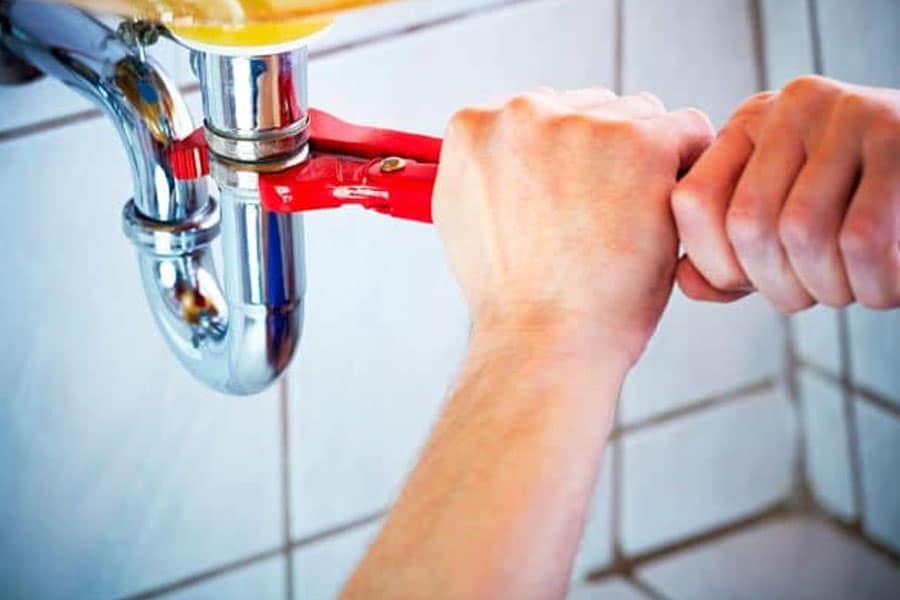
Tips for Maintaining Your Drainage System
To ensure the continued effectiveness of your drainage system, it’s essential to perform regular maintenance. Here are some tips to help you maintain your home’s drainage system:
- Clean gutters and downspouts regularly: Remove leaves, debris, and dirt from your gutters and downspouts to ensure proper water flow. This should be done at least twice a year, or more frequently if you have trees near your home.
- Inspect for blocked drains: Regularly check your stormwater drains for blockages, such as leaves, dirt, or other debris. Clear any blockages to ensure water can flow freely through the drains.
- Check for leaking taps and pipes: Inspect your home’s plumbing fixtures and pipes for signs of leaks, which can contribute to excess moisture and potential water damage. Address any leaks promptly to prevent further issues.
- Schedule regular plumbing maintenance: Regular plumbing maintenance can help identify potential issues with your drainage system, such as damaged pipes, before they become significant problems. Professional plumbers, like the team at Blu Frog Plumbing, can assess your drainage system and recommend necessary repairs or upgrades.
- Ensure proper grading around your home: The slope of the ground around your home should direct water away from your foundation. If necessary, regrade the soil to ensure proper drainage and prevent water from pooling around your home.
- Install a sump pump: A sump pump can help prevent basement flooding by automatically pumping water out of your home when the water level in the sump pit rises above a certain point.
- Inspect your sewer and wastewater pipes: Check your sewer and wastewater pipes for signs of damage, such as cracks or tree root intrusion. If you suspect a problem, contact a professional plumber for a thorough inspection and repair.
- Maintain your septic system (if applicable): If your home relies on a septic system, ensure it is regularly pumped and inspected to prevent system failure and potential environmental contamination.
When to Call a Professional Plumber
While regular maintenance can help keep your drainage system functioning optimally, there are instances when professional help is necessary. Here are some signs that it’s time to call a professional plumber:
- Persistent blocked drains: If you’ve tried clearing a blocked drain yourself but the problem persists, a professional plumber can help diagnose and resolve the issue.
- Burst pipes: If you suspect a burst pipe, it’s essential to contact a professional plumber immediately to minimise water damage and ensure a proper repair.
- Foundation issues: If you notice cracks or other signs of damage in your home’s foundation, a professional plumber can assess your drainage system and recommend any necessary repairs or improvements.
- Drainage system upgrades: If your home’s drainage system is outdated or inadequate, a professional plumber can recommend and install the necessary upgrades to protect your property.
Conclusion
Proper drainage systems are crucial for maintaining the health and integrity of your home. By understanding the importance of these systems and following the tips provided, you can help ensure your home’s drainage system remains in top condition. When in doubt, don’t hesitate to contact the experienced team at Blu Frog Plumbing for assistance with your drainage system needs. With their expertise and commitment to quality, you can trust them to keep your home protected from potential water damage and other drainage-related issues.
